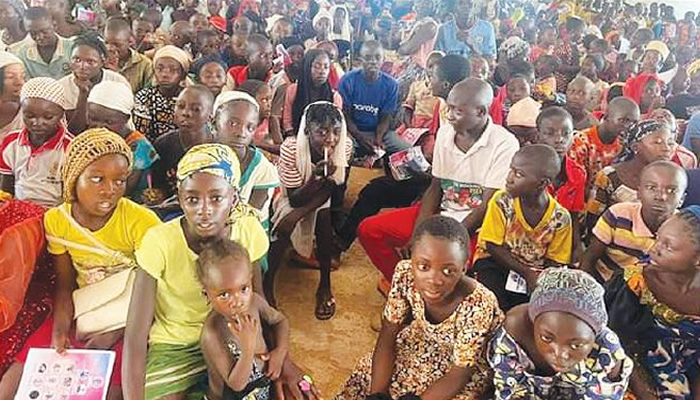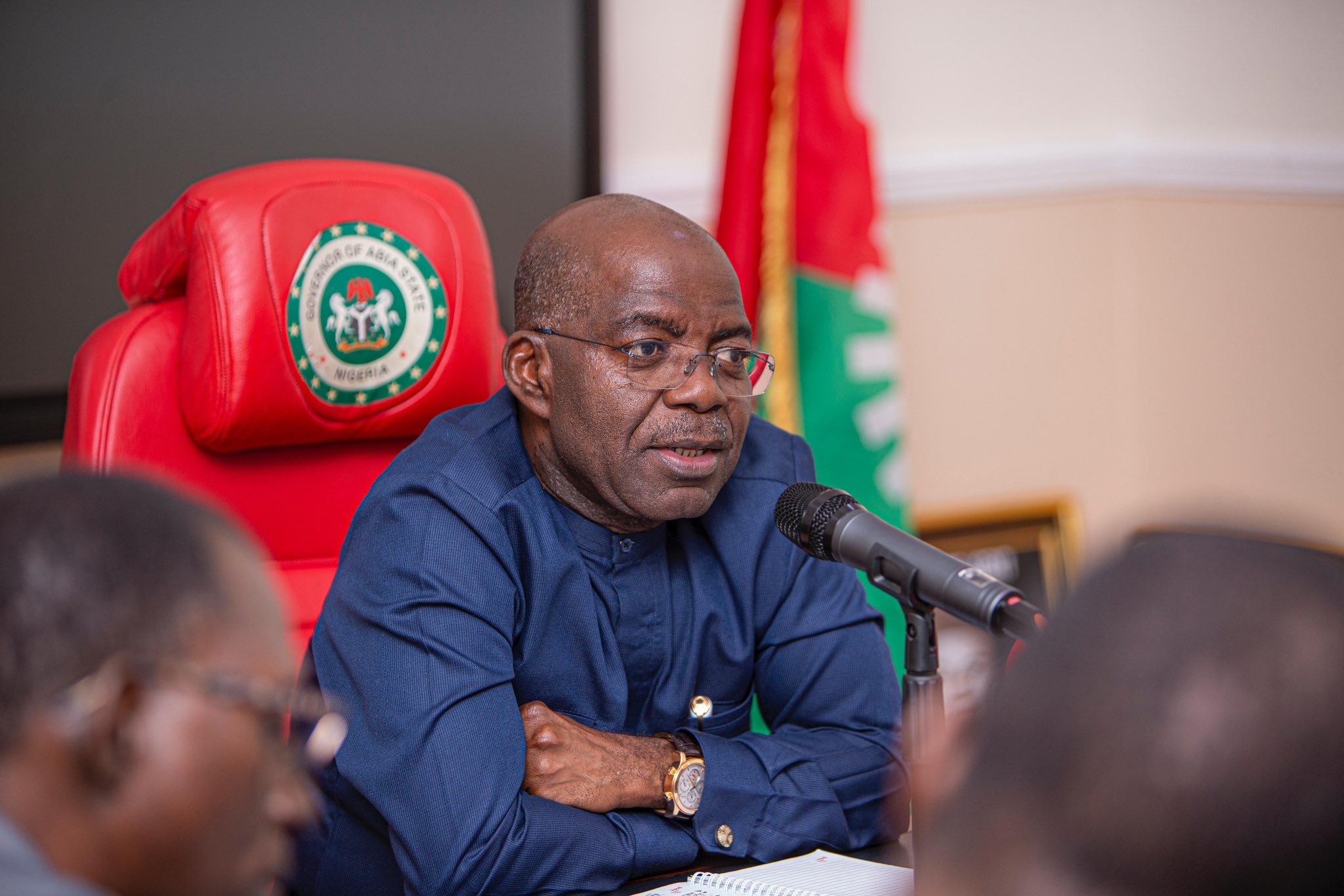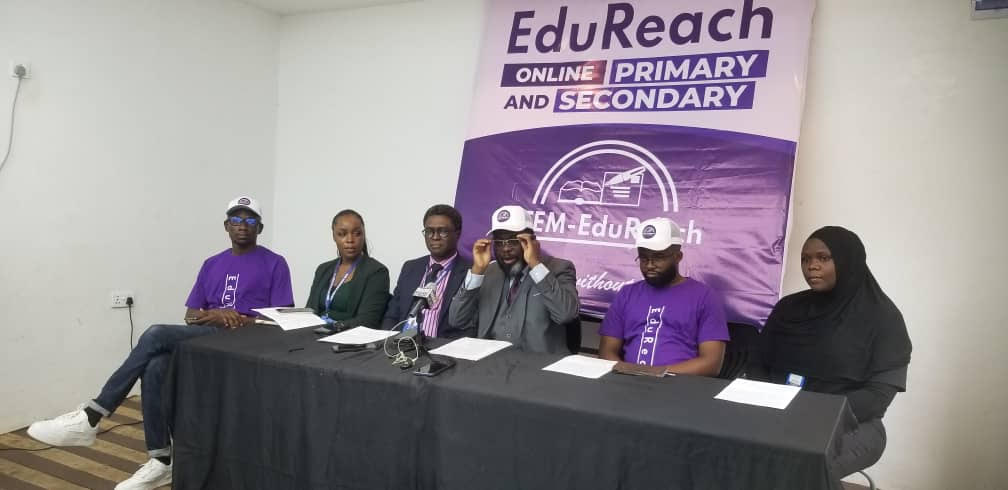EduReach, an online educational platform, has announced a two-year full scholarship for all rescued students from Kebbi and Niger States, in what it described as a deliberate effort to help abducted children overcome trauma and continue their education even outside the classroom.
Mamu Muhammad, CEO of STEM Child Care Academy and founder of STEM-EduReach, told journalists in Abuja that the initiative is designed not only to restore learning opportunities but also to support the psychological recovery of children who survived abductions.
“Rescued children face another challenge: post-traumatic stress disorder, which can hinder their return to learning,” Muhammad said.
“We have formally written to the respective state governments to extend this offer as part of our commitment to supporting the recovery and reintegration of these students into learning.”
He added that the programme provides access to Nigerian and Cambridge curricula, STEM subjects such as robotics, coding, and artificial intelligence, as well as pre-recorded lessons delivered by experienced educators.
Students will also benefit from lesson notes, quizzes, assignments, live discussion forums, and personalised learning paths tailored to their progress.
Muhammad warned that the recent abductions in Kebbi and Niger, which forced the closure of schools, risk swelling the ranks of out-of-school children.
“The abduction of schoolchildren risks swelling the ranks of out-of-school children, as these acts of terror are intended to instil fear and discourage parents from sending their children to school,” he said.
He added that flexible enrolment and self-paced learning would allow rescued students to continue schooling at home, reducing the pressure of returning immediately to physical classrooms while coping with trauma.
“No child should be denied the right to safe, equitable, and quality education,” Muhammad emphasised, urging stakeholders to collaborate in ensuring rescued children not only return to school but thrive in supportive environments.
Twenty-four schoolgirls kidnapped from the Government Girls Comprehensive Senior Secondary School in Kebbi were freed after a coordinated, non-kinetic rescue led by the Federal Government and involving the Office of the National Security Adviser and the Department of State Services. In a separate incident, 38 students and worshippers abducted from a church in Kwara State, as well as pupils taken from St Mary’s Catholic School in Niger State, were also released, with authorities attributing the outcomes to dialogue and negotiation rather than force.
Both sets of rescued students are now receiving medical checks and reintegration support as investigations continue into the kidnappings.
punch.ng
FOLLOW US ON:






































